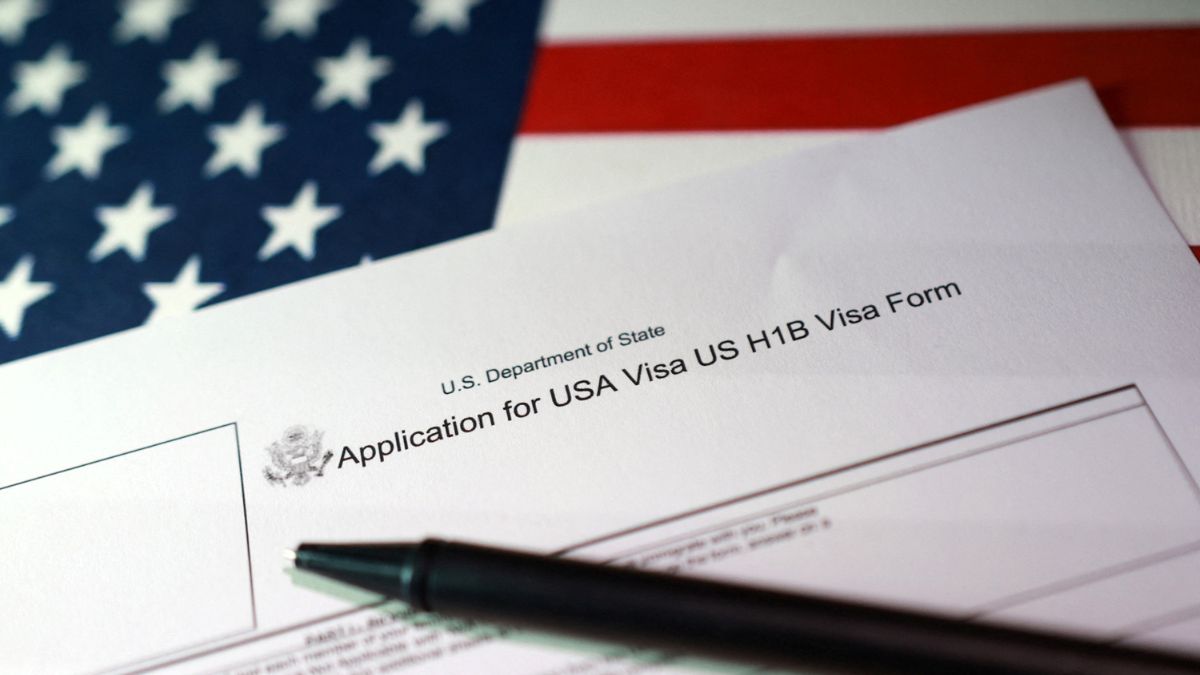US President Donald Trump’s H-1B visa crackdown, which has hit the tech and finance industries hard, is expected to accelerate US firms’ shift of critical work to India, driving growth of global capability centres (GCCs) that handle operations ranging from finance to research and development, Reuters reported, citing economists and industry insiders.
India hosts 1,700 GCCs — more than half the global total — which have evolved from tech support centres into hubs of high-value innovation, including luxury car dashboard design and drug discovery.
Trends such as wider adoption of artificial intelligence and stricter visa rules are prompting US firms to rethink labour strategies, with India’s GCCs emerging as resilient hubs blending global skills with strong local leadership.
“GCCs are uniquely positioned for this moment. They serve as a ready in-house engine,” said Rohan Lobo, partner and GCC industry leader at Deloitte India. “Plans are already underway,” he added, noting growing activity in financial services, technology, and among firms tied to US federal contracts. He expects GCCs to “take on more strategic, innovation-led mandates” over time.
Visa changes driving shift
Earlier this month, Trump raised the cost of new H-1B visa applications to $100,000, up from $2,000–$5,000, putting pressure on US firms that rely on skilled foreign workers. On Monday, US senators reintroduced a bill to tighten H-1B and L-1 visa rules, targeting loopholes and perceived abuses by major employers.
Industry experts say if the visa curbs go unchallenged, US firms could move high-end work in AI, product development, cybersecurity, and analytics to India-based GCCs, keeping strategic functions in-house rather than outsourcing.
Impact Shorts
More Shorts“There is a sense of urgency,” said Lalit Ahuja, founder and CEO of ANSR, which helped FedEx, Bristol-Myers Squibb, Target and Lowe’s set up GCCs.
Reassessing India strategies
Ramkumar Ramamoorthy, former managing director of Cognizant India, said this could lead to “extreme offshoring,” noting that the COVID-19 pandemic proved key tech tasks can be done from anywhere.
Big Tech firms such as Amazon, Microsoft, Apple, Google’s parent Alphabet, as well as JPMorgan Chase and Walmart, are major H-1B visa sponsors and have large operations in India, though they declined to comment due to political sensitivity.
“Either more roles will move to India, or corporations will near-shore them to Mexico or Colombia. Canada could also take advantage,” said the India head of a retail GCC.
Even before the new visa fees, India was projected to host GCCs for over 2,200 companies by 2030, with a market size nearing $100 billion. “This whole ‘gold rush’ will only get accelerated,” Ahuja said.
Implications for India
Some are more cautious, noting that the proposed HIRE Act could impose a 25 per cent tax on outsourcing work overseas, potentially disrupting India’s services exports.
“For now, we are observing and studying, and being ready for outcomes,” said the India head of a US drugmaker’s GCC.
Visa curbs and trade tensions have put pressure on India’s services sector, but the $283-billion IT industry, contributing nearly 8 per cent of GDP, may be cushioned by rising GCC demand.
“Lost revenues from H-1B visa-reliant businesses could be somewhat supplanted by higher services exports through GCCs, as US-based firms look to bypass immigration restrictions to outsource talent,” Nomura analysts said in a research note last week.
)